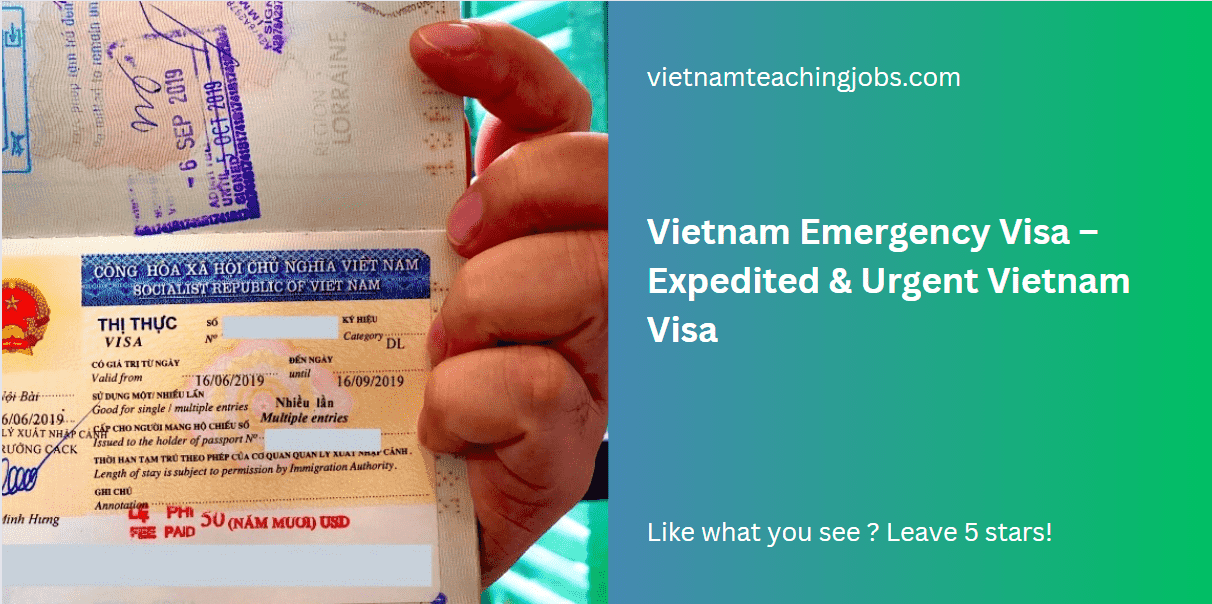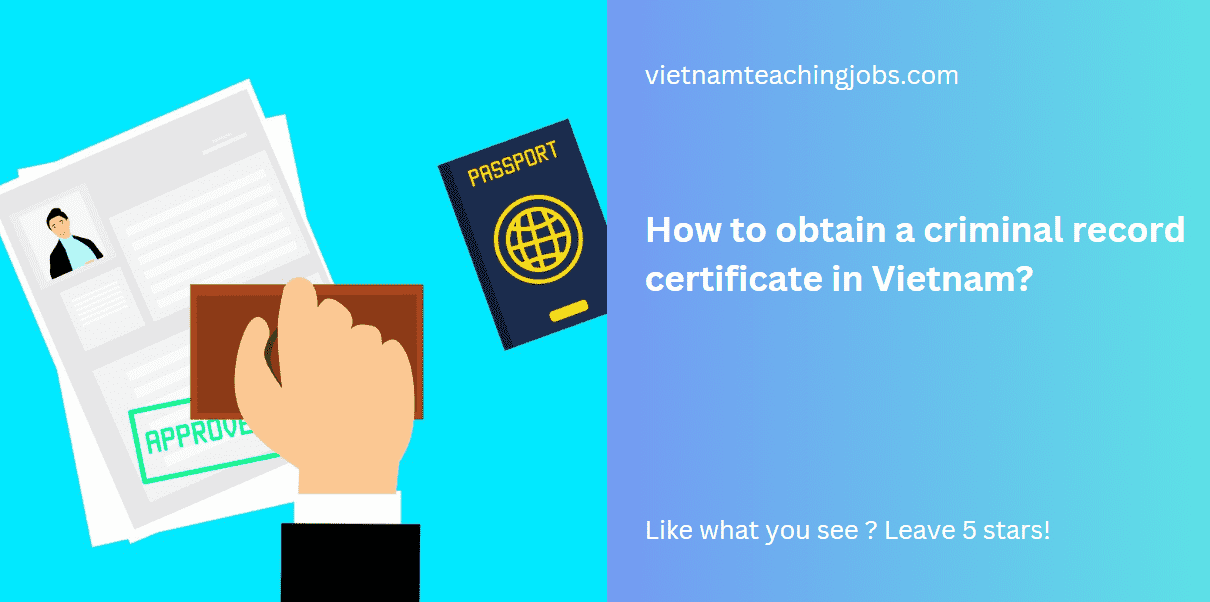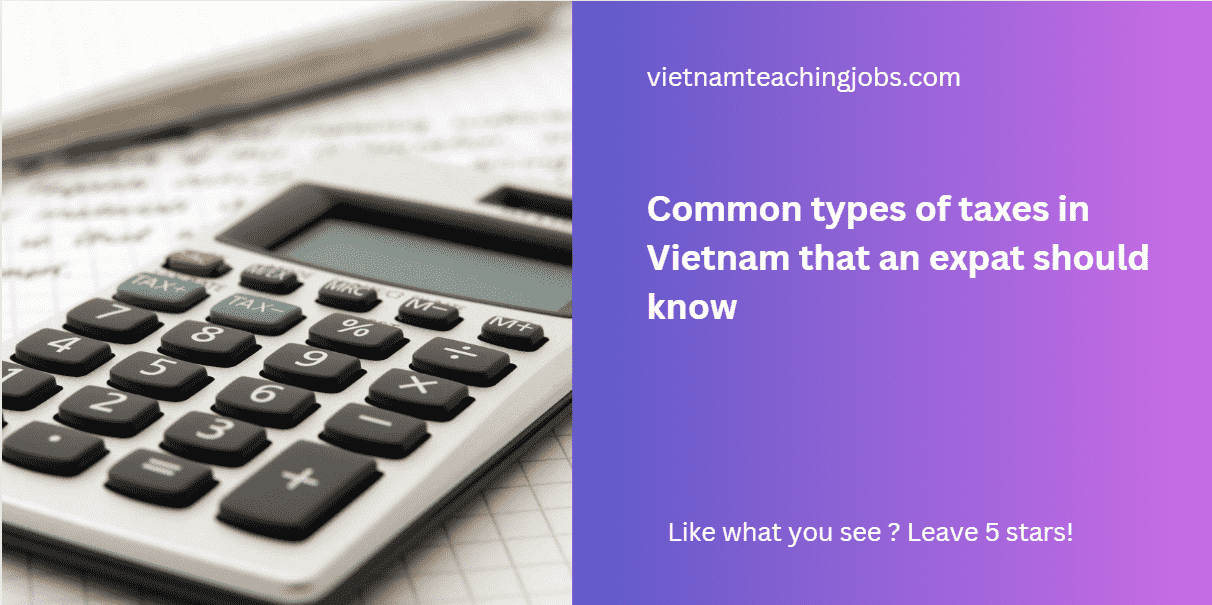This article will tell you what an Apostille is, and help you understand the similarities and differences between Apostille and Consular Legalization, and whether you can get an Apostille in our country.
1. What is an Apostille?
“Apostille” is a term that originated from France, which means certification. If a document is stamped with the Apostille certification stamp, it proves that the document is genuine, not a forgery.
An Apostille certificate verifies the signature and seal on a public document so that it can be used in one of the countries that have signed the Hague Convention (convention on exemption from legalization of foreign public documents). ). The authority to issue the Apostille Certificate is usually the Ministry of Foreign Affairs of the country issuing the document to be used.
List of States Parties to the Hague Convention
Currently, there are 120 countries that have signed the Hague Convention to exempt consular legalization for documents of countries below:
As such, the Apostille certificate is only valid for use in member countries under the Hague Convention. Meanwhile, according to the above table, Vietnam is not a member of the Hague Convention (Hague), so in order to use Apostille documents, applicants will continue to have to take one more step at the Embassy/General consulate of Vietnam in foreign countries. This step is called Consular Legalization.
Papers, documents certified Apostille:
Not all documents of the Contracting States of the Hague Convention can be Apostille certified.
Basically, documents that are eligible for Apostille certification are divided into 2 categories as follows:
Public documents signed by a government official, for example:
- Registration of marriage
- Birth certificate
- Death Certificate
- Business registration certificate
- Court order
- The document has been signed by a notary or a Commissioner for Oaths
However, the following documents are not Apostille certified
- Documents prepared by a consular or diplomatic officer
- Administrative papers that are directly related to customs or commercial activities.
- Benefits of Apostille Certification
Obviously, without doing consular legalization of documents that qualify for Apostille certification in aforementioned countries, the document holder was able to shorten the process by half. Thanks to that, it saves time, costs as well as effort to learn and implement the procedure.
2. What is consular legalization?
Read our article here to see everything you need to know about consular legalization.
What is the difference between Apostille and Consular Legalization?
As mentioned above, there are 2 processes that need to be followed to be able to use papers and documents in a country other than the issuing country, which is Apostille and Consular Legalization. Which process you need to go through will depend on the document type, issuing country, and country of use;
Apostilles:
For documents that are eligible for Apostille certification, if you intend to use the document in a member state of the Hague convention, simply apply for the Apostille stamp.
For example, if you have a birth certificate issued in the UK and want to use it in Korea, you can simply apply for an Apostille at the Department of Foreign Affairs and Commonwealth Affairs, and be able to use that document in Korea.
Consular legalization
If you have documents that are eligible for Apostille certification, but intend to use them in a country that is not a member of the Hague Convention, you will need to obtain an Apostille stamp from a competent authority of the issuing country, then apply for a consular legalization stamp from the embassy/consulate of the country that will use the document located in the issuing country.
For example, if you want to use a British birth certificate in Vietnam, you will need to obtain an Apostille at the Department of Foreign Affairs and Commonwealth Affairs, then apply for a consular legalization stamp from the Ambassador Consulate/Consulate General of Vietnam in the UK.
For documents that do not qualify for Apostille certification, or the issuing country is not part of the Hague Convention, you will need to apply for a consular stamp at the competent diplomatic mission of the issuing country, then apply the consular legalization stamp of the Embassy/Consulate of the country that will use the document is located in the issuing country. For example, Thai documents that want to be used in Vietnam will need consular certification at the Ministry of Foreign Affairs of Thailand first, and then consular legalization at the Vietnamese Embassy/Thailand.
Thus, when you use documents in a country belonging to The Hague, the Apostille certified documents will not have to go through the consular legalization step at the Embassy of the country where they are used.
Since Vietnam is not a member of the Hague Convention, except for papers exempted from consular legalization/certification, all foreign documents that want to be used in Vietnam and vice versa must go through consular legalization. However, this is not an easy procedure, especially for those who are doing consular legalization for the first time.
We hope that this article has given you some useful information about the difference between Apostille and Consular Legalization. See you in the next articles!




